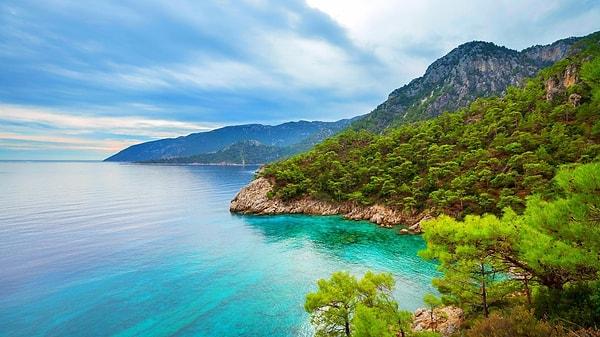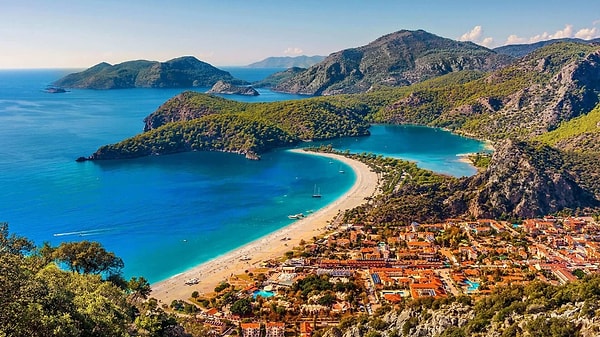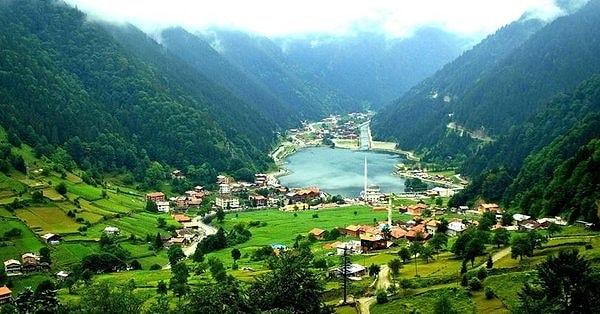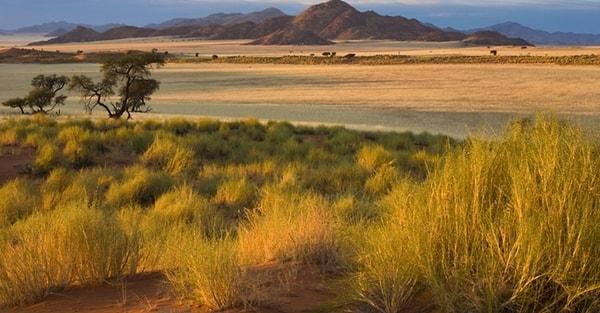Exploring the Diverse Climate of Turkey: From Mediterranean to Continental
Turkey, located at the crossroads of Europe and Asia, boasts a diverse climate influenced by its geographical features and proximity to different bodies of water. From the coastal regions bathed by the Mediterranean and Aegean Seas to the inland areas marked by continental climates, Turkey offers a fascinating tapestry of climatic conditions. In this content, we delve into the various climate zones found in Turkey, highlighting their unique characteristics and the impact they have on the country's landscapes and lifestyles.
Mediterranean Climate

The coastal regions of southern and western Turkey, including popular destinations like Antalya and Izmir, experience a Mediterranean climate. Characterized by hot, dry summers and mild, wet winters, this climate zone showcases a harmonious balance between land and sea. The summers are typically sunny and warm, with temperatures often reaching the mid-30s Celsius (mid-90s Fahrenheit). Winters are relatively mild and rainy, with temperatures rarely dropping below 10 degrees Celsius (50 degrees Fahrenheit). The Mediterranean climate fosters the growth of lush vegetation, including olive groves, citrus orchards, and vibrant coastal flora.
Aegean Climate

The Aegean region, encompassing cities such as Bodrum and İzmir, features a climate similar to the Mediterranean zone but with some variations. Summers are hot and dry, with temperatures hovering around the mid-30s Celsius (mid-90s Fahrenheit). However, winters are generally milder than the Mediterranean regions, with temperatures averaging around 12-15 degrees Celsius (54-59 degrees Fahrenheit). The Aegean's climate fosters a diverse landscape, with rugged coastlines, fertile valleys, and a rich historical and cultural heritage.
Black Sea Climate

The northern coastline along the Black Sea, including cities like Trabzon and Samsun, experiences a unique maritime climate. This region is known for its high rainfall and moderate temperatures throughout the year. Summers are cooler and more humid compared to the Mediterranean and Aegean regions, with temperatures ranging from 20-25 degrees Celsius (68-77 degrees Fahrenheit). Winters are mild and wet, with temperatures rarely dropping below freezing. The abundant rainfall nourishes the lush forests and tea plantations that blanket the Black Sea coast, creating a verdant and picturesque landscape.
Central Anatolian Climate

The vast central plateau of Anatolia, encompassing cities such as Ankara and Konya, is characterized by a continental climate. Summers in this region are hot and dry, with temperatures often exceeding 30 degrees Celsius (86 degrees Fahrenheit). Winters, on the other hand, are cold and harsh, with temperatures dropping well below freezing, sometimes reaching as low as -20 degrees Celsius (-4 degrees Fahrenheit). The central Anatolian climate features distinct seasonal variations, with limited rainfall and stark temperature fluctuations between day and night. The landscape of this region showcases expansive steppes, rocky formations, and ancient historical sites.
Eastern Anatolian Climate

The eastern part of Anatolia, including cities like Van and Erzurum, experiences a harsher and more extreme continental climate. Summers are short and hot, with temperatures reaching the mid-30s Celsius (mid-90s Fahrenheit). Winters are long, bitter, and snowy, with temperatures plummeting well below freezing, often reaching -30 degrees Celsius (-22 degrees Fahrenheit) in some areas. The eastern Anatolian region is known for its rugged mountain ranges, deep valleys, and high plateaus, offering breathtaking landscapes for outdoor enthusiasts and winter sports enthusiasts alike.
Keşfet ile ziyaret ettiğin tüm kategorileri tek akışta gör!


Send Comment